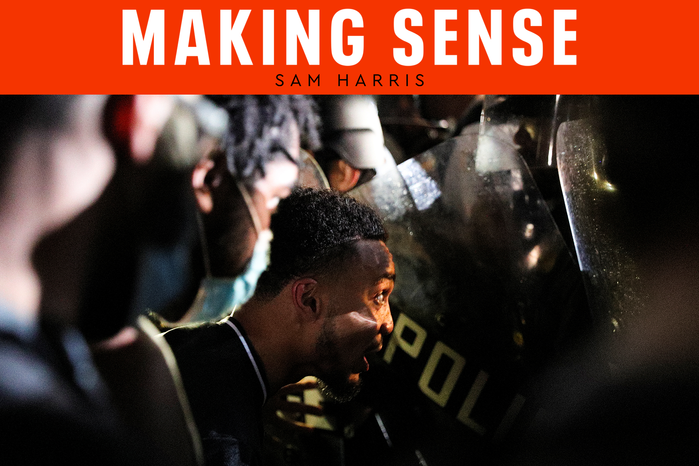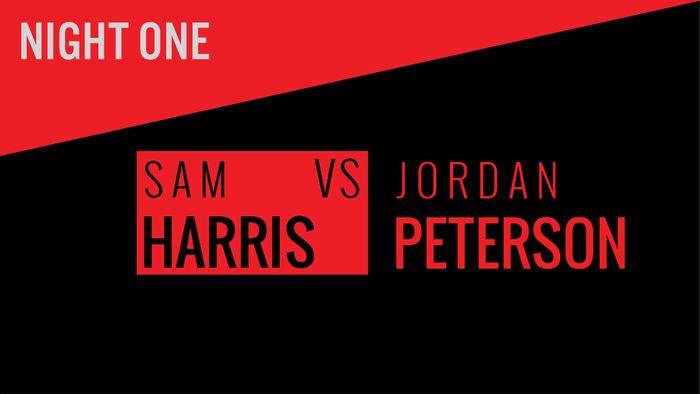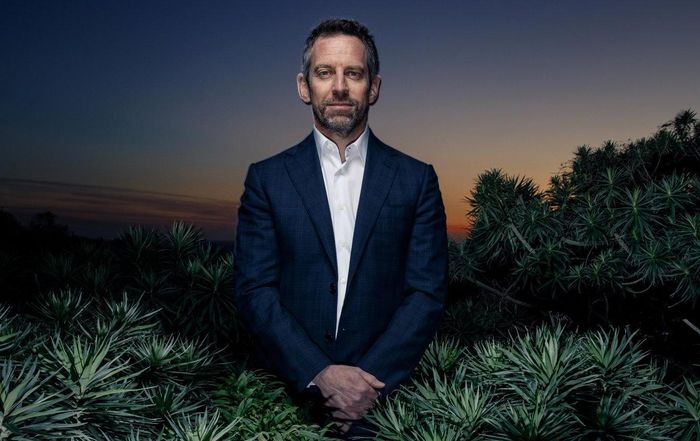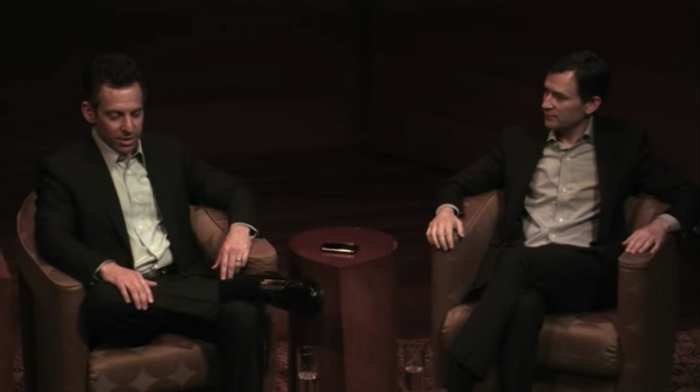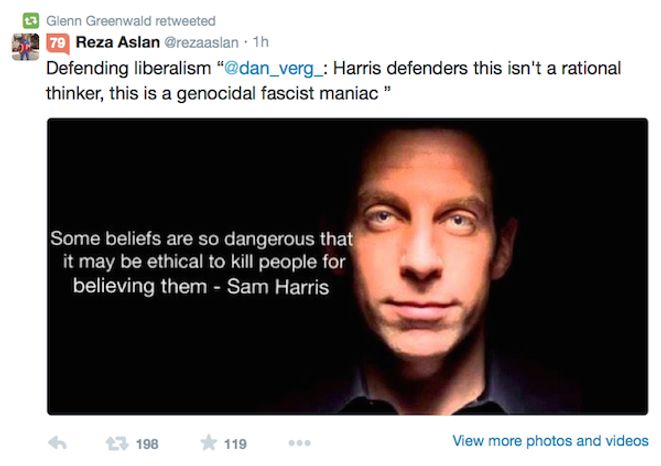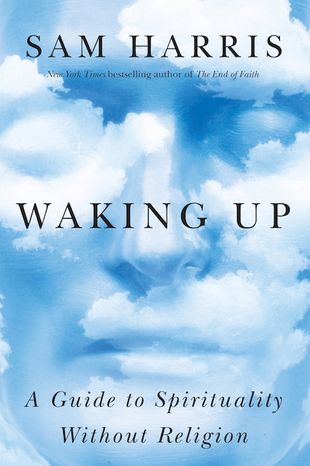Suppose we had robots perfectly identical to men, women and children and we were permitted by law to interact with them in any way we pleased. How would you treat them?
That is the premise of “Westworld,” the popular HBO series that opened its second season Sunday night. And, plot twists of Season 2 aside, it raises a fundamental ethical question we humans in the not-so-distant future are likely to face.
In April of 2017, I published a podcast with Charles Murray, coauthor of the controversial (and endlessly misrepresented) book The Bell Curve. These are the most provocative claims in the book:
- Human “general intelligence” is a scientifically valid concept.
- IQ tests do a pretty good job of measuring it.
- A person’s IQ is highly predictive of his/her success in life.
- Mean IQ differs across populations (blacks < whites < Asians).
- It isn’t known to what

Welcome to the redesigned SamHarris.org. This new look is the sign of many new things to come.
If you had an account on the previous site, please read the information below. We’ve explained some changes that may affect your account status, login details, etc.
If you are a SamHarris.org subscriber, you will discover several new features once you’re logged in—including an archive of previously answered AMA questions synced to the relevant audio. (We’ve also developed a new audio player that continues to play as you browse the site.)
I want to thank all of you for your con
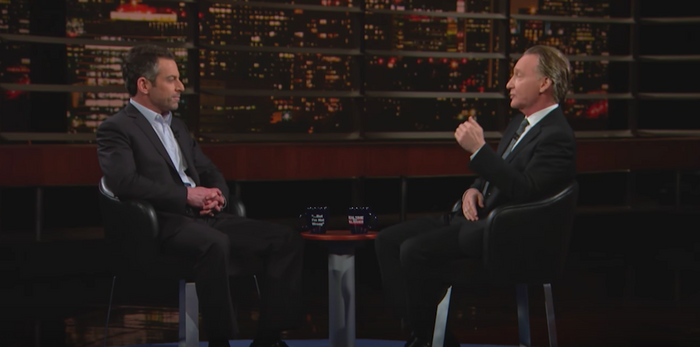
Sam Harris and Bill Maher spoke about President Trump’s travel ban, Islamic extremism, and other topics on REAL TIME (2/3/17).
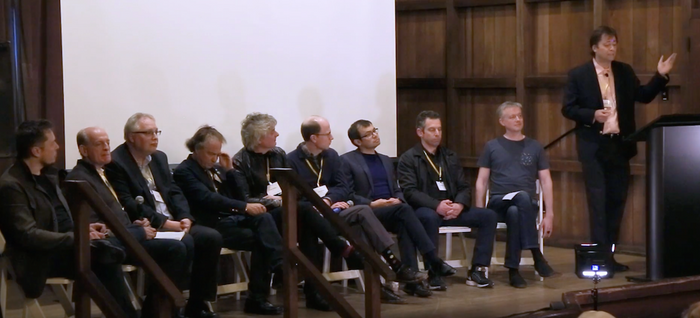
Beneficial AI 2017
A conference at Asilomar organized by the Future of Life Institute
Panel discussion moderated by Max Tegmark, including Elon Musk, Stuart Russell, Bart Selman, Ray Kurzweil, David Chalmers, Nick Bostrom, Demis Hassabis, Sam Harris, and Jaan Tallinn.

President Trump has had a busy first week in office, displaying the anarchic grandiosity, callousness, and ineptitude of which he seems uniquely capable. He is every inch what we knew him to be: a malignant Chauncey Gardiner. And now our institutions have begun to shudder at his whim. The fact that atheists like me can’t find the time to worry about the religious crackpots he has brought with him into power is a measure of how bad the man is. Christian fundamentalism has become the least of our concerns. Our democracy has been engulfed by a hurricane of lies.
Many readers have asked
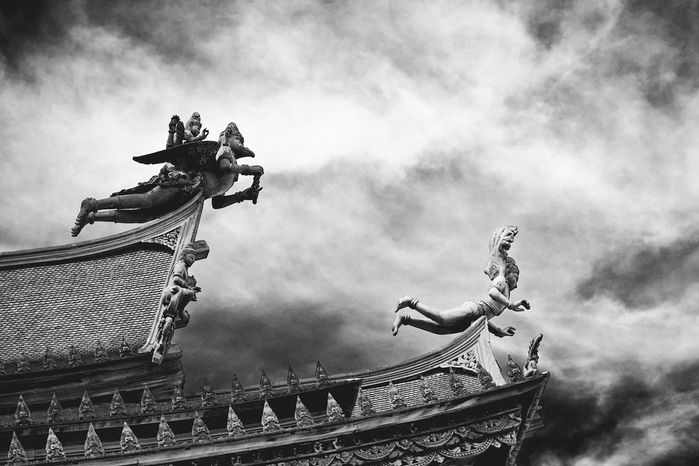
I recently interviewed the psychologist Jordan B. Peterson on the Waking Up podcast. As I said at the beginning of our conversation, I’d received more listener requests for him than for Neil deGrasse Tyson, Richard Dawkins, Steven Pinker, Edward Snowden—or, indeed, any other person on earth.
The resulting exchange, however, was not what our mutual fans were hoping for. Rather than discuss religion and atheism, or the relationship between science and ethics, we spent two hours debating what it means to say that a

Intellectual Honesty
Wherever we look, we find otherwise sane men and women making extraordinary efforts to avoid changing their minds.
Of course, many people are reluctant to be seen changing their minds, even though they might be willing to change them in private, seemingly on their own terms—perhaps while reading a book. This fear of losing face is a sign of fundamental confusion. Here it is useful to take the audience’s perspective: Tenaciously clinging to your beliefs past the point where their falsity has been clearly demonstrated does not make you look
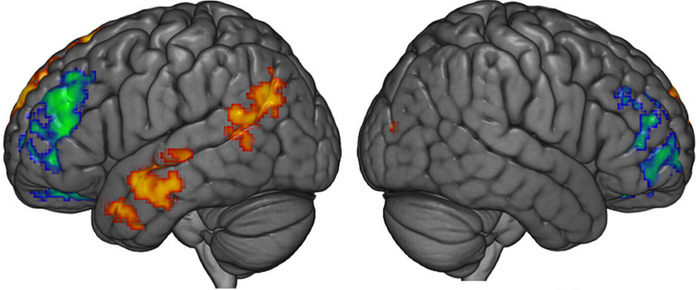
Neural correlates of maintaining one’s political beliefs in the face of counterevidence
Jonas T. Kaplan, Sarah I. Gimbel & Sam Harris
Nature: Scientific Reports 6, Article number: 39589 (2016)
doi:10.1038/srep39589
Abstract
People often discount evidence that contradicts their firmly held beliefs. However, little is known about the neural mechanisms that govern this behavior. We used neuroimaging to investigate the neural systems involved in main

Over at Frontpage Magazine and Jihad Watch, Robert Spencer has published an essay titled “Sam Harris and the Collapse of the Counter-Jihad Left: A Failure of Nerve.” Here is my brief response:
Robert—
I’m sorry to say that your career as a mind reader is off to a poor start. In fact, almost every claim you make about me in your essay is false. Allow me to clarify a few points:
1. I didn’t oppose Trump because I’ve gone soft on Islam. I opposed him
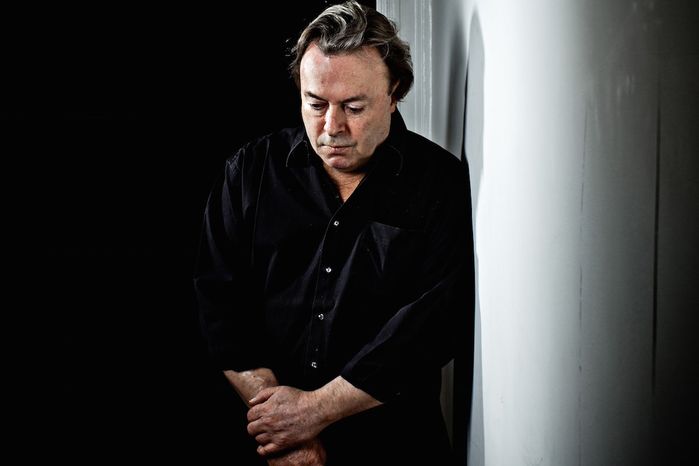
It has been five years, my friend.
Five short years since you taught us how to die with wisdom and wit. And five long ones, wherein the world taught us how deeply we would miss you.
Syria. Safe spaces. President Trump.
What would you have made of these horrors?
More times than I can count, strangers have come forward to say, “I miss Hitch.” Their words are always uttered in protest over some new crime against reason or good taste. They are spoken after a bully passes by, smirking and unchallenged, whether on the Left or the Right. They have become a mantra of sor
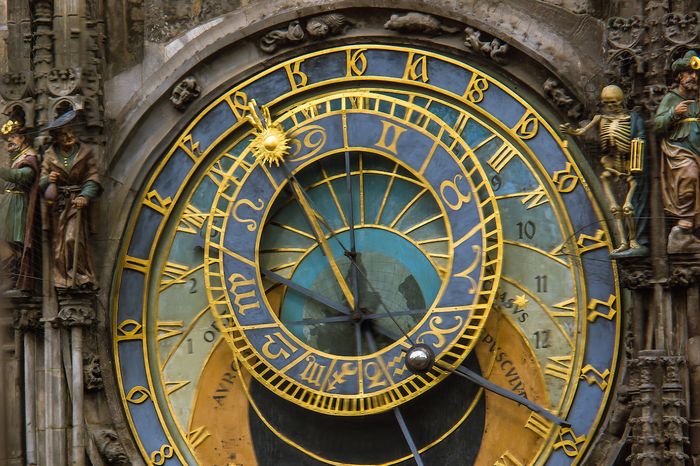
In this episode of the Waking Up podcast, Sam Harris talks to biologist David Krakauer about information, complex systems, and the future of humanity.
David Krakauer is President and William H. Miller Professor of Complex Systems at the Santa Fe Institute. His research explores the evolution of intelligence on earth. This includes studying the evolution of genetic, neural, linguistic, social and cultural mechanisms supporting memory and information processing, and exploring their generalities. He served as the founding Director of the Wisconsin Institute for Discover

It is a cliché, of course, to claim that a presidential election is the most important in living memory. But we arrived at that point in the 2016 campaign many months ago, when both sides declared their opponent unqualified for office. Unfortunately, this time the cliché is true, and one side is actually right. A choice this stark proves that there is something wrong with our political system.
Hillary Clinton is a terribly flawed candidate for the presidency, and this has allowed millions of otherwise sane Americans to imagine that she is less fit for office than Donald Trump is. Muc

In this episode of the Waking Up podcast, Sam Harris talks to economist Glenn C. Loury about racism, police violence, the Black Lives Matter movement, and related topics.
Glenn C. Loury is the Merton P. Stoltz Professor of the Social Sciences and Professor of Economics at Brown University. He has taught previously at Boston, Harvard and Northwestern Universities, and the University of Michigan. He holds a B.A. in Mathematics (Northwestern University, 1972) and a Ph.D. in Economics (MIT, 1976).
Professor Loury has published mainly in the areas of applied microe
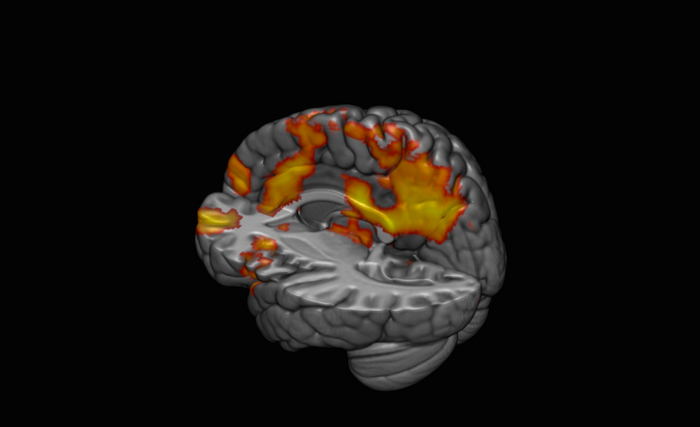
An article by Kate Murphy in the New York Times discusses a recent controversy in the field of fMRI over statistics. Although Murphy correctly observes that flawed methods of data analysis are a problem in neuroimaging, she falsely implies that our 2009 study of the neural correlates of belief employed the methods in question. Here is the letter that Mark S. Cohen, t

In this episode of the Waking Up podcast, Sam Harris talks to physicist David Deutsch about the reach and power of human knowledge, the future of artificial intelligence, and the survival of civilization.
David Deutsch is best known as the founding father of the quantum theory of computation, and for his work on Everettian (multiverse) quantum theory. He is a Visiting Professor of Physics at Oxford University, where he works on “anything fundamental.” At present, that mainly means his proposed constru
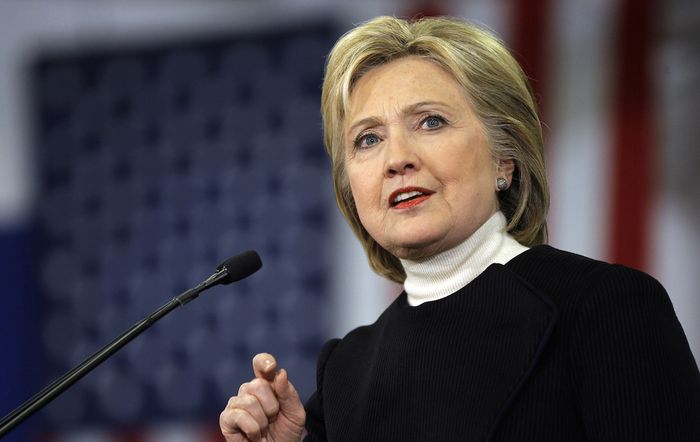
The following is part of a speech that I think Hillary Clinton should deliver between now and November. Its purpose is to prevent a swing toward Trump by voters who find Clinton’s political correctness on the topic of Islam and jihadism a cause for concern, especially in the aftermath of any future terrorist attacks in the U.S. or Europe.—SH
* * *Today, I want to talk about one of the most important and divisive issues of our time—the link between the religion of Islam and terrorism. I want you to know how I view it and how I will think about it as President

Wherein Sam and Joe talk for 4.5 hours…

Known as “Mad Max” for his unorthodox ideas and passion for adventure, Max Tegmark’s scientific interests range from precision cosmology to the ultimate nature of reality, all explored in his new popular book Our Mathematical Universe. Tegmark is a professor of physics who has published more than two hundred technical papers and been featured in dozens of science documentaries. His work with the Sloan Digital Sky Survey on galaxy clu
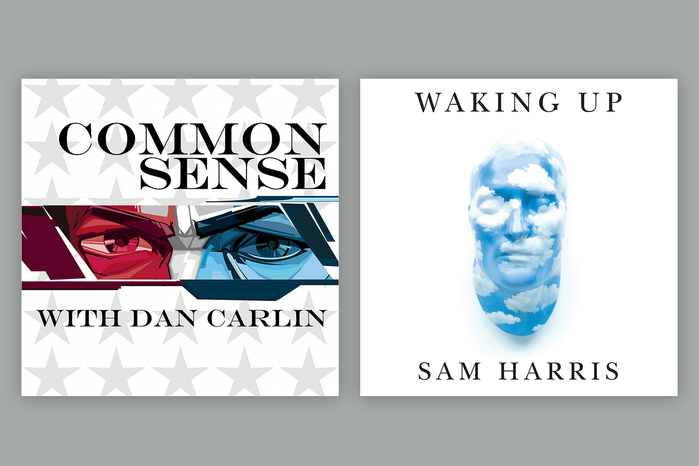
The following is a transcript from my Waking Up podcast (“Shouldering the Burden of History: A Crosscast with Dan Carlin”). The text has been lightly edited for clarity readability.—SH
Welcome to the Waking Up podcast. This is Sam Harris. Today I’ll be speaking with a man whose work I greatly admire—Dan Carlin, the host of the Hardcore History and Common Sense podcasts—and Dan and I will be releasing this conversation jointly on both of our podcasts. We’re calling this a “crosscast

I consider Salon to be among the worst offenders of the new pseudo-journalism, and I have long maintained a personal boycott of the website. I ask my publishers to ignore any requests from its editors for interviews or for review copies of my books. And on the rare occasions that Salon publishes good work—the articles of Jeffrey Tayler stand out—I decline to forward the links on social media. My reason is simple: Despite the work of a few blameless writers, Salon has become a cesspool of lies and moral confusion.
However, in response to the repeated requests of o
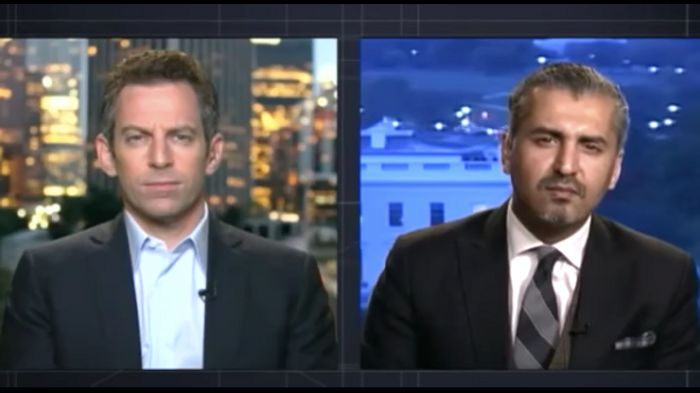
Sam Harris and Maajid Nawaz discuss their book, Islam and the Future of Tolerance, with Tony Jones on LATELINE.
I hesitate to promote this interview, because it shows me at the end of my patience (and I stay there for 2 hours). However, I did manage to express almost everything I think about the “regressive Left” in general and about my least-honest critics in particular.
I hesitate to promote this interview, because it shows me at the end of my patience (and I stay there for 2 hours). However, I did manage to express almost everything I think about the “regressive Left” in general and about my least-honest critics in particular. I stand by everything I said here, but I’d like to apolo
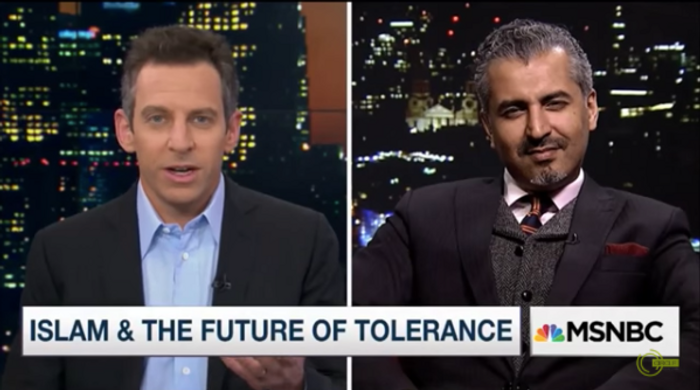
Sam Harris and Maajid Nawaz discuss their new book, Islam and the Future of Tolerance: A Dialogue, with MSNBC’s Lawrence O’Donnell.
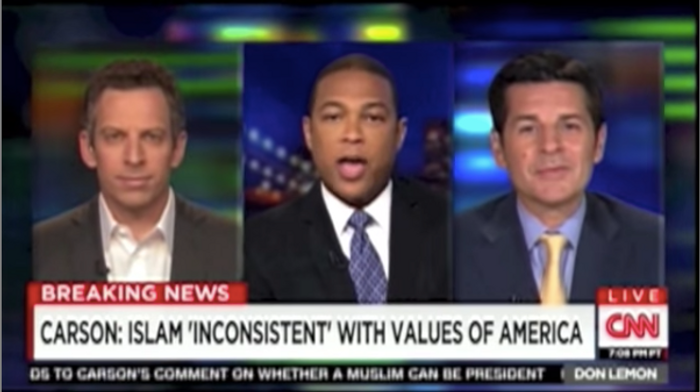
If you have ten minutes to spare, I recommend watching this video, because it encapsulates better than most how difficult it is to even discuss the threat of political Islam.
If you have ten minutes to spare, I recommend watching the above video, because it encapsulates better than most how difficult it is to even discuss the threat of political Islam.
My opponent was Dean Obeidallah. As incredible as it may seem, the man has since claimed that he mopped the floor with me in this exchange. I would not have thought such a degree of self-deception possible, but then I re
